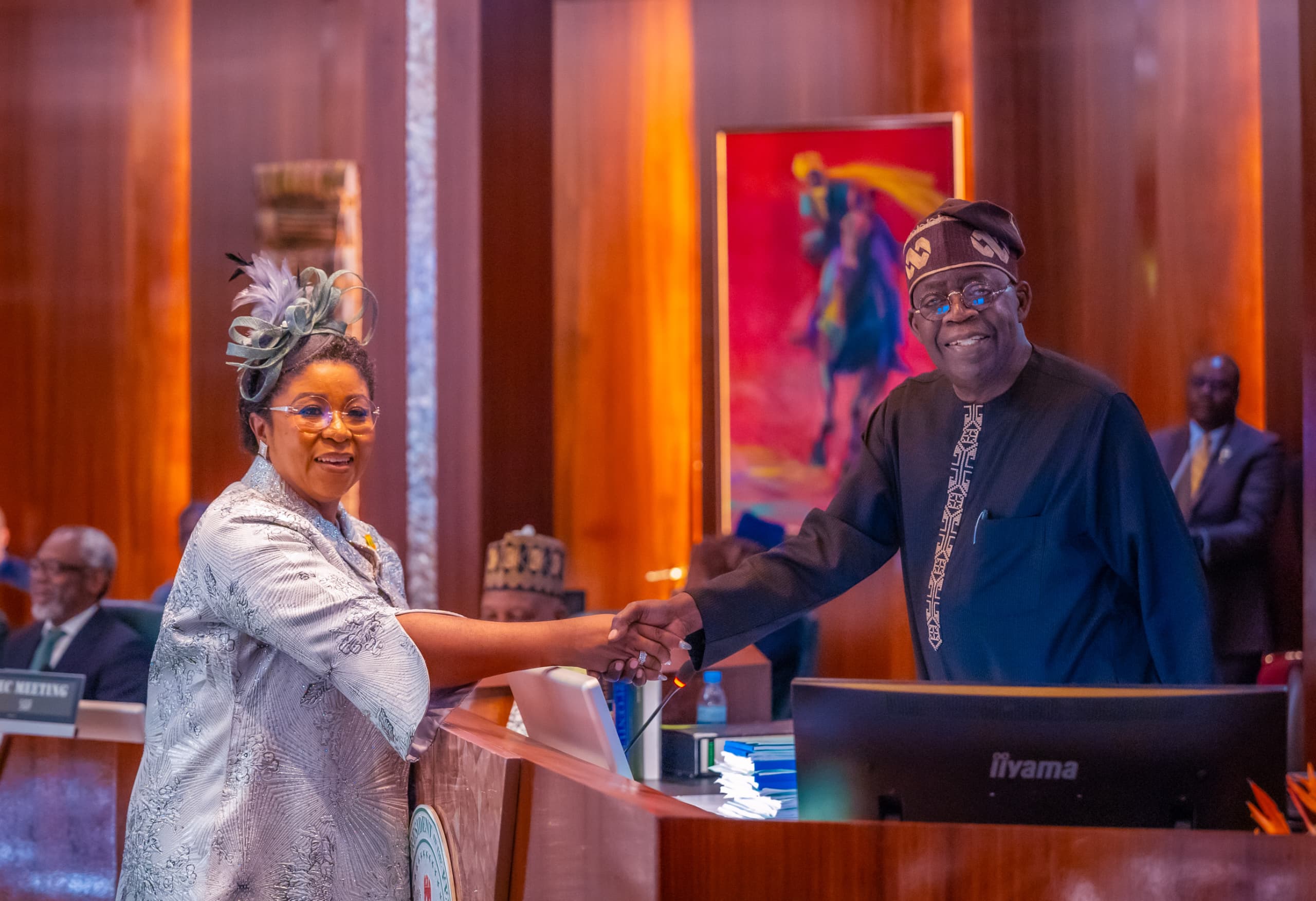The United Nations International Children’s Emergency Fund (UNICEF) has raised alarm over the increasing number of out-of-school children in Nigeria, while also distributing 2,760 solar-powered radio sets to the Katsina State Universal Basic Education Board (SUBEB).
These radios are intended to help students in security-compromised areas continue their education.
During a Media Dialogue on Retention, Transition, and Completion (RTC) and Re-entry Guidelines for Adolescent Girls, Rahama Farah, Chief of Field at UNICEF’s Kano Field Office, emphasized the dire state of Nigeria’s education system, which is grappling with a growing out-of-school population and severe learning poverty.
“One in three children are out of school in Nigeria, representing 10.2 million at the primary school level and 8.1 million children at the junior secondary level,” Farah stated.
He highlighted data from the 2021 Multiple Indicator Cluster Survey (MICS), which revealed that three in four children aged 7-14 cannot read with understanding or solve a simple mathematics problem.
Farah further explained that UNICEF, along with partners such as the World Bank, the European Union, and the Foreign, Commonwealth & Development Office (FCDO), are working with AGILE and BESDA projects to support education in Katsina State and the broader North-West region.
These efforts aim to address the declining state of education, focusing on improving access, participation, and the quality of learning outcomes.
“Our education system is in crisis,” Farah said, noting issues like high numbers of out-of-school children, low attendance and participation rates, low transition and completion rates, poor learning outcomes, and insufficient skills acquisition at all levels.
He cited additional challenges such as high insecurity in the North-West, inadequate funding, poorly resourced schools, low teacher competency levels, and high pupil-teacher ratios.
“These factors lead to low overall educational attainment, limit social and economic opportunities for young people, and perpetuate intergenerational cycles of poverty and inequality,” Farah continued.
He warned that Nigeria’s stalled progress on Sustainable Development Goal (SDG) 4, which focuses on quality education, could have far-reaching implications for regional and global development. Nigeria accounts for 15 percent of the world’s out-of-school children and 33 percent of those in sub-Saharan Africa.
The situation is particularly dire for adolescent girls in the North-East and North-West regions, especially those from poor families and rural, insecure areas. In 2021 alone, at least 25 schools were attacked, affecting 1,446 students and 24 personnel, with 76 percent of these attacks occurring in the North-West.
Kaduna was the most frequently targeted state, followed by Katsina and Zamfara, which reported the highest number of abductions in single incidents.
In response to the insecurity, over 11,000 schools were closed for four months during the 2020/21 academic year, disrupting the education of 1.3 million children. The growing child population continues to strain the delivery of social services, while education financing has not kept pace with the increasing demand.
Nigeria spends just 1.2 percent of its GDP on education, significantly lower than the international benchmark of four to six percent and less than what other African countries allocate.
This insufficient funding has resulted in a shortfall of 378,000 classrooms and approximately 278,000 teachers, leading to high student-teacher ratios (55:1 at the primary level) and overburdened teachers.
Moreover, 50 percent of basic education teachers lack the minimum qualification, and 20 percent of primary school teachers are absent on any given workday.
Farah concluded by stressing the urgent need to address inadequate and unsafe school infrastructure, poor teaching quality, low learning outcomes, and the impact of insecurity and poverty.
He also pointed out the negative social norms surrounding education, particularly for girls, as a significant barrier to improving the education system in Nigeria.











